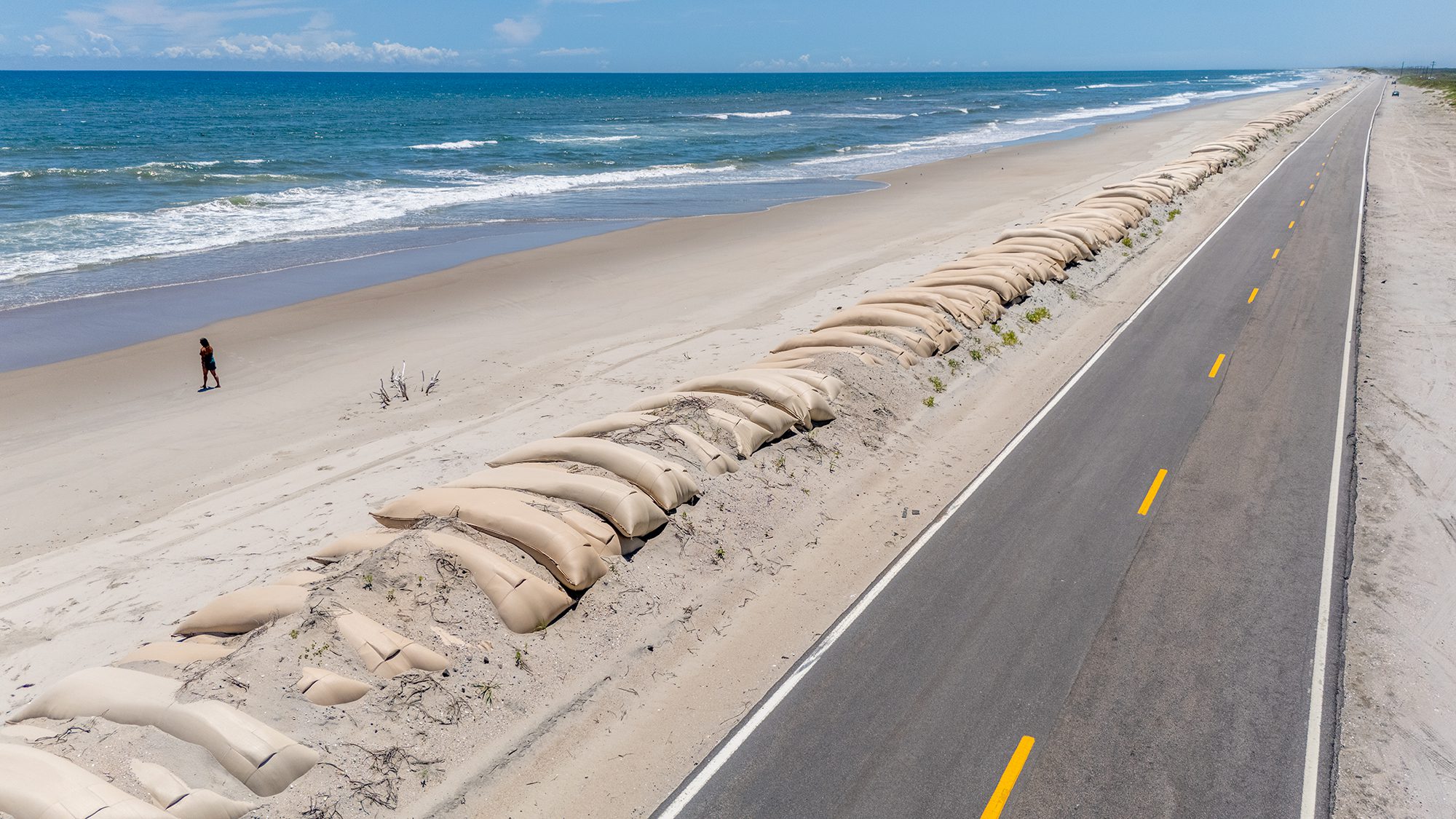A bill introduced this week in Washington, D.C., aims to phase out certain single-use plastic products and hold corporations accountable for wasteful products they produce.

Sen. Tom Udall, D-N.M. and Rep. Alan Lowenthal, D-Calif., introduced the bill Tuesday. The Break Free From Plastic Pollution Act of 2020 would amend the Solid Waste Disposal Act to prevent pollution from consumer products and packaging from entering into animal and human food chains and waterways.
Supporter Spotlight
According to a press release from Udall’s office, the measure will shift the burden of cleanup and recycling to the corporations that produce plastic waste. It would also create a nationwide beverage container refund program similar to efforts in some states and reduce and ban certain single-use plastic products that are not recyclable.
The measure would also set minimum recycled content requirements for beverage containers, packaging and food-service products, while standardizing recycling and composting labeling.
“The plastic pollution crisis is past the tipping point: our communities, our waterways, and even our bodies are at risk,” Udall said in a statement. “We are already bearing the cleanup costs of mountains of plastic waste, and it will only get worse for future generations. We have a responsibility to act now before the overwhelming public health, environmental, climate and economic effects of plastic pollution reach the point of no return.”
Udall said the proposed solutions are practical and are already being implemented in cities and states across the country, including in New Mexico. A comprehensive, national strategy is needed “to tackle this tidal wave of pollution before it is too late,” he said.
“After decades of treating our land, waterways, and oceans as plastic waste dumping grounds, we now face a global plastic pollution crisis,” Lowenthal said in the statement. “Recent scientific studies show that plastic waste particles are now found everywhere we look — in the soil, in the rainwater, in the food chain, and even inside our own bodies. Our legislation applies one of the core principles of environmental law: ‘the polluter pays.’”
Supporter Spotlight
The announcement references a Reuters news story that reports that each person consumes a credit card’s worth of plastic per week because it has become so widespread in the environment.







